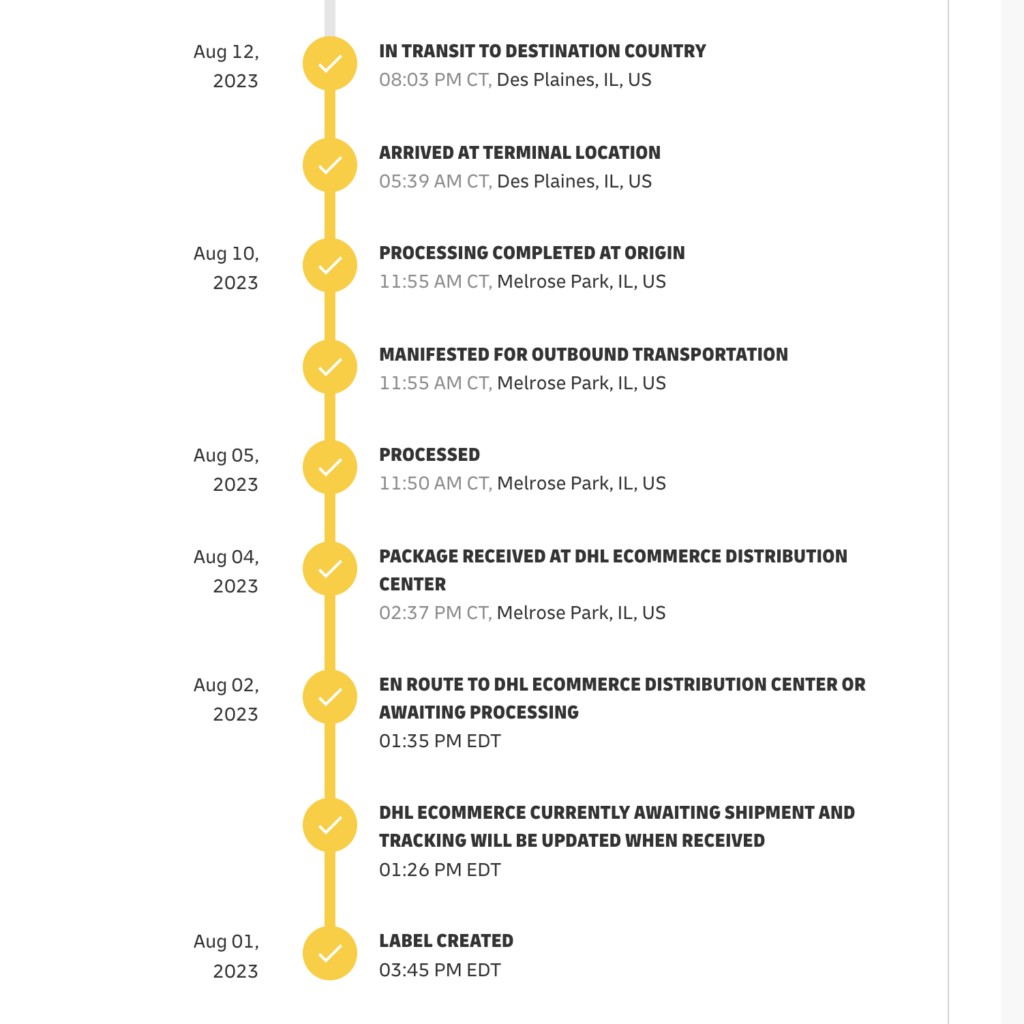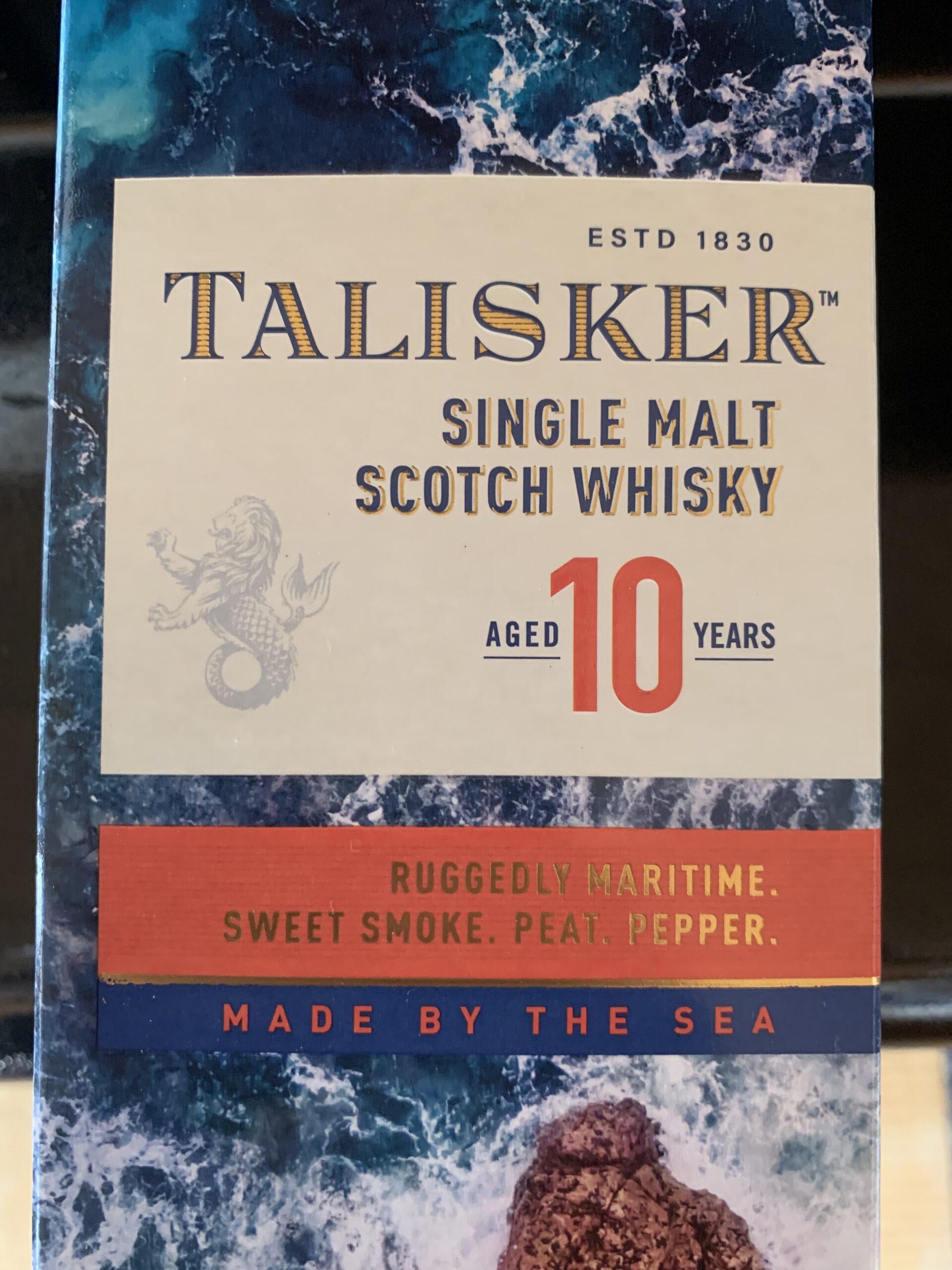These days I am frustrated quite often with distortion of facts and history. It seems that these days it does not matter what is true or not, what is a fact or not, but what is the popular believe or the one being promoted in Social Networks.
A few weeks ago I started to watch a documentary about Cleopatra in Netflix, I stopped watching after less than 5 minutes as one of the main and first story teller said what her grandmother told her “does not matter what they taught you in school, cleopatra was black”. History research, history books, archeology, peer review is not important anymore, for some strange and unknown reason some people decided Cleopatra was black (well… Egypt is in Africa) and this is how Netflix portrayed it.
The implications of such distortions are alarming. The intertwining of history with politics and diversity, equity, and inclusion (DEI) agendas poses a threat to the accurate representation of historical events.
This issue is not confined to Netflix alone but extends to platforms like X (Twitter). The ease with which anyone can create and disseminate information fosters a climate where unfounded facts gain traction. Those aligned with particular political agendas enthusiastically endorse and propagate these inaccuracies, further blurring the lines between truth and fiction.
In response to this disconcerting trend, it becomes imperative for individuals to cultivate a healthy skepticism. We must question everything we are told and lean on the pillars of facts, research, science, and archeology. Relying solely on popular beliefs or succumbing to the TikTok culture risks perpetuating misinformation.
Taking a proactive stance, I’ve removed TikTok from my smartphone and blocked sources on X that I deemed unreliable. While these measures provide a sense of protection, I grapple with the uncertainty of whether shielding myself from potential lies and manipulations is the right course of action. Striking a balance between safeguarding against misinformation and remaining open to discerning the truth is an ongoing challenge in the current media landscape.


